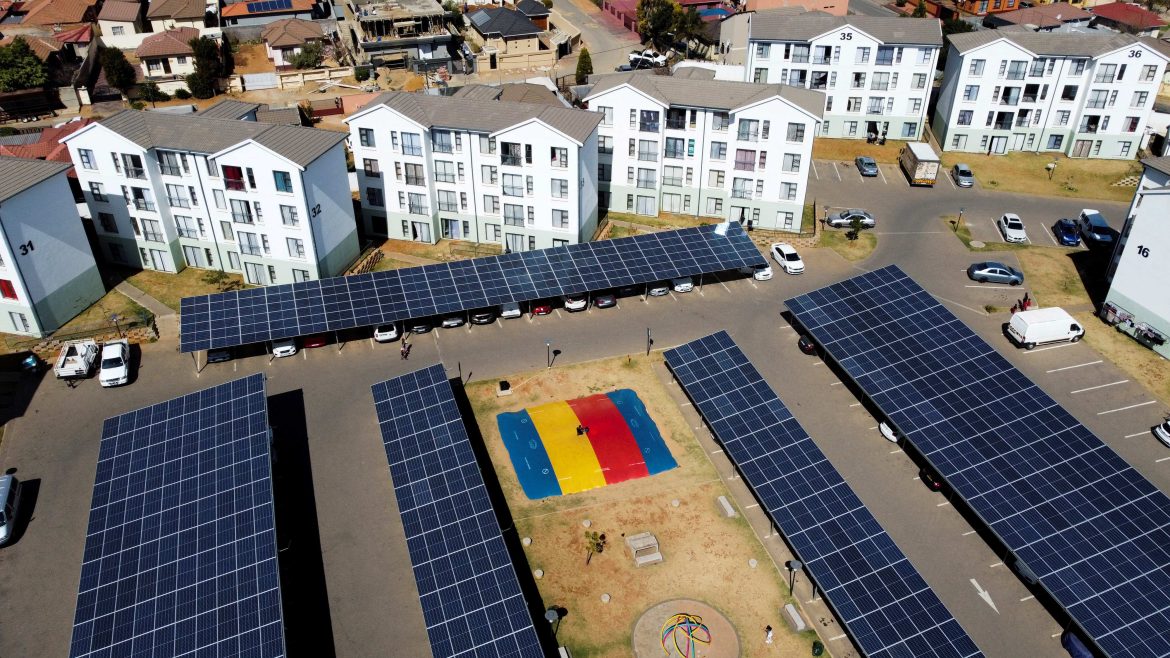By Christo Nicholls, CEO of Utility Consulting Solutions (UtCS)
The Netherlands — often seen as a frontrunner in the global energy transition — recently introduced electricity rationing as its centralised grid strained under growing demand, electrification, and renewables. It’s a stark warning: even advanced economies can falter when power systems remain too centralised.
For South African municipalities, especially those mandated to deliver electricity, this is more than a cautionary tale — it’s today’s reality. Ageing infrastructure, rising Eskom tariffs, and relentless load-shedding have left many in a constant state of crisis. But within this pressure lies a powerful opportunity: smart, decentralised energy solutions that shift generation to the point of consumption.
Rethinking the grid’s role
Traditionally, electricity flowed in one direction — from Eskom to municipalities to end users. But with the rise of rooftop solar, energy storage, and smart metering, that model is outdated. Communities can now generate and store power locally. The grid doesn’t vanish — it becomes a back-up, recharging batteries during off-peak times and supporting peak demand when needed.
This shift gives municipalities room to breathe. They can reduce peak electricity purchases, ease pressure on ageing infrastructure, and regain a degree of control over local supply. In short, they become active energy managers rather than passive intermediaries.
The financial and operational upside
This transformation isn’t just technical — it’s financial. With smart nano-grids and micro-grid-level battery storage systems (BESS), municipalities can:
- Lower electricity procurement costs
- Alleviate grid congestion as households become partial suppliers
- Improve supply reliability and reduce load-shedding impacts
- Unlock new revenue from resilience tariffs or premium availability services
- Strengthen the ability to pay bulk supply accounts
Smart metering: the key to energy fairness
A decentralised system only works if it’s measured properly. That’s where Advanced Metering Infrastructure (AMI) comes in. Modern smart meters must do more than measure usage — they must monitor how and when electricity is used, stored, or exported. This ensures:
- Households aren’t penalised for discharging stored power
- Grid infrastructure isn’t overloaded by exports
- Time-of-use tariffs reflect actual demand and system conditions
Why now — and why locally?
Waiting for national reform is no longer viable. Municipalities must act now — smartly, locally, and urgently. With nano-grids, BESS, and intelligent metering, local governments can create energy systems where generation meets consumption at the source. This is how we ensure electricity is both available and affordable — today and for the future.
At Utility Consulting Solutions (UtCS), we help municipalities roll out scalable, smart energy systems that restore their ability to meet their constitutional duty: delivering reliable, sustainable electricity services.



